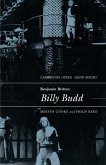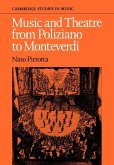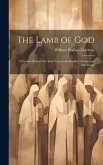Benjamin Britten's works for the stage developed from the traditional late nineteenth-century romantic opera structure of Peter Grimes to the experimental format of the church parables and of Death in Venice, his last opera. At the core of this development seems to have been Britten's intention to use the stage as a pulpit to express his philosophical views. This book explores an assessment of how these influenced his creative choices, mainly examining the composer's own writings, from his early involvement with left wing activism during the Thirties through to his more spiritually oriented objectives after the war, and offers alternative readings of two of Britten's most controversial works for the stage, The Rape of Lucretia and Death in Venice.








